A St Andrews biotech company has been granted an American patent for its “groundbreaking” cancer detection device.
Biocaptiva has secured the legal protective rights for its msX technology, a liquid biopsy tool used to extract cell-free DNA from fluids.
The technology can improve the detection of cancers, Biocaptiva said, and allows for more “accurate and sensitive tests” without the need for amplification or deep sequencing.
This in turn, can result in more “precise” clinical decisions.
It is used in the company’s BioCaptis medical device, and the company believes securing the patent will enhance the potential of their research into cancer detection.
US Patent for St Andrews’ Biocaptiva
The company is one of a growing number of Scottish biotech firms which have spun out from a leading university.
Jeremy Wheeler, CEO of Biocaptiva, hailed his company’s achievement.
He said: “This US patent grant is a crucial achievement for Biocaptiva.
“It not only secures our intellectual property but also underscores the extensive potential of our technology, which we’ve been developing since spinning out of Edinburgh University in 2020.
“What began as a focused research project and a single medical device has evolved into a comprehensive platform with far-reaching implications for liquid biopsy and the broader biomedical industry.”
What is liquid biopsy?
Liquid biopsy is a test which enables the diagnosis or analysis of tumours using only a blood or fluid sample, rather than a solid tissue biopsy.
The patented msX technology will form the foundation of Biocaptiva’s current and future product pipeline, they added.
It will allow medics to capture nucleic acids directly from biological fluids like blood and plasma in much greater quantities than is possible through current testing methods.
The patent covers both in-vivo and ex-vivo applications, including their BioCaptis device, all aimed at improving cancer management.
Through the protections, Biocaptiva said it plans to leverage its technology across multiple applications.
Biocpativa plans for its msX technology to play a crucial role in advancing personalised medicine, enhancing molecular diagnostics for disease detection beyond cancer and transforming biomedical research.
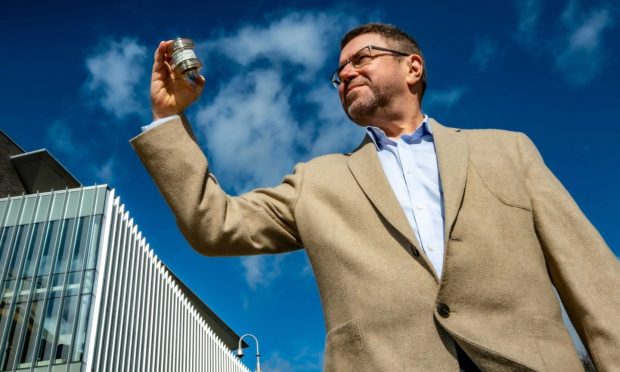
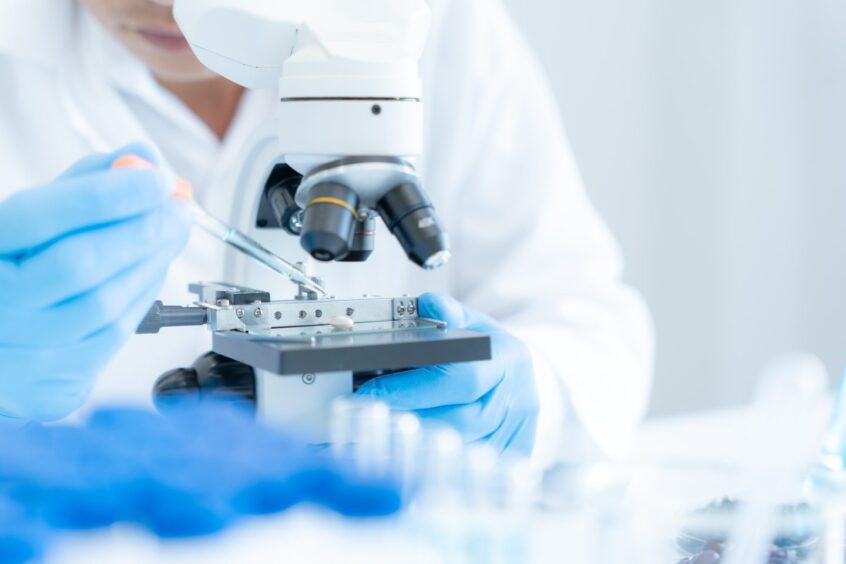




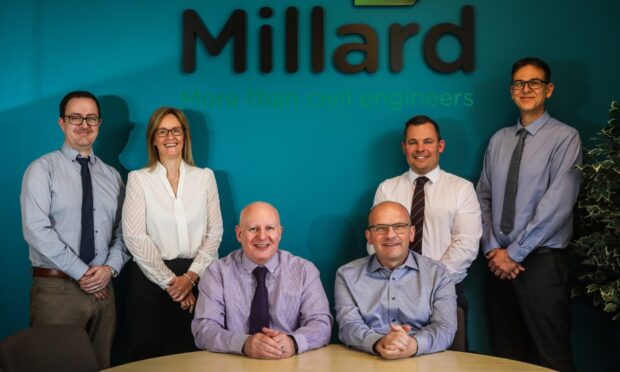


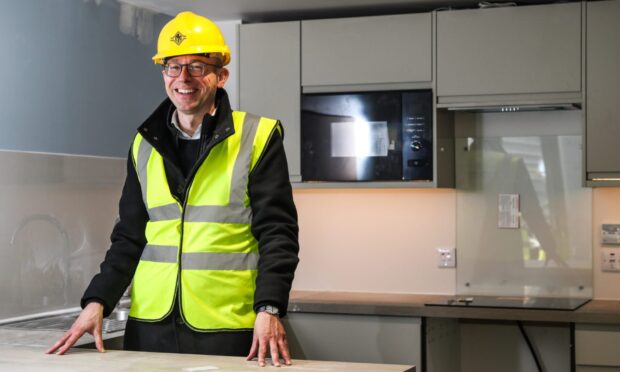
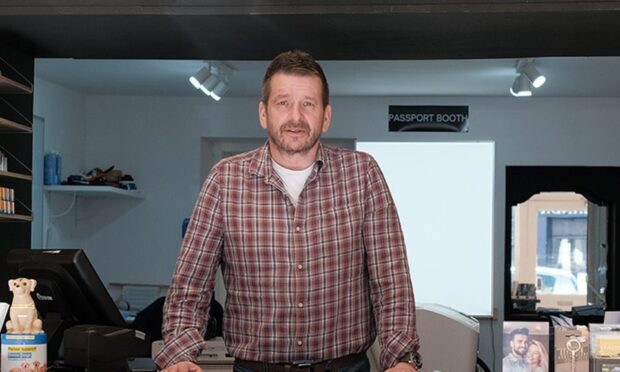

Conversation